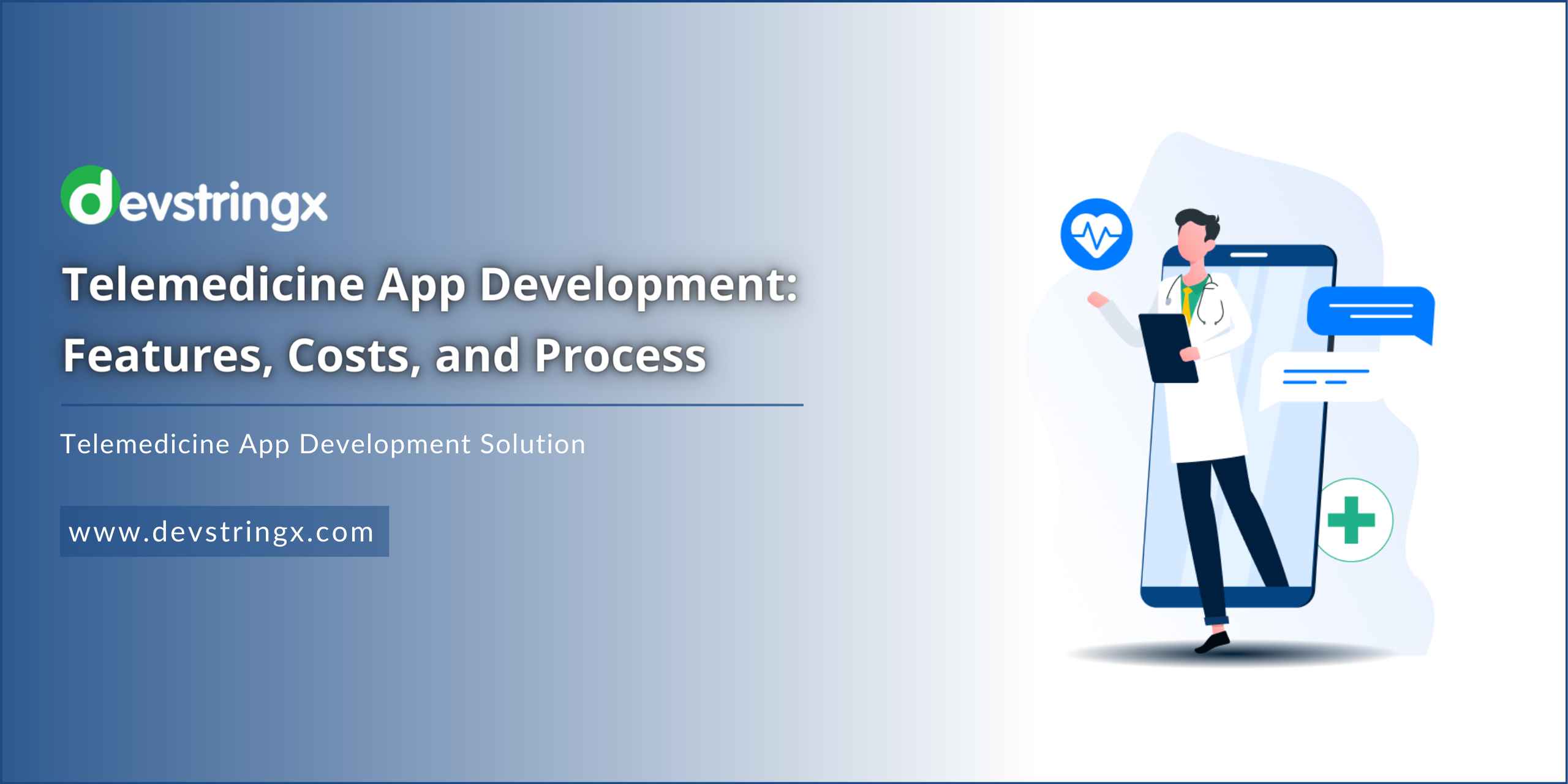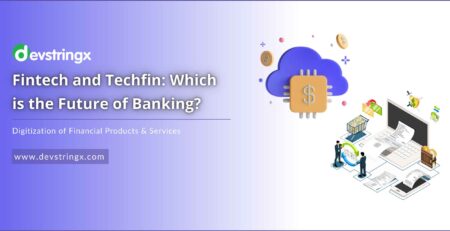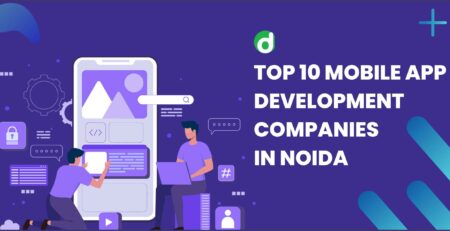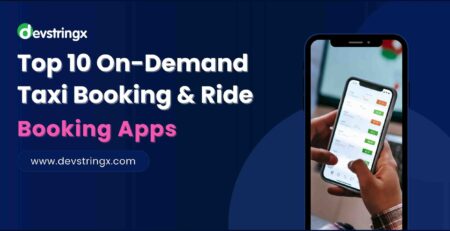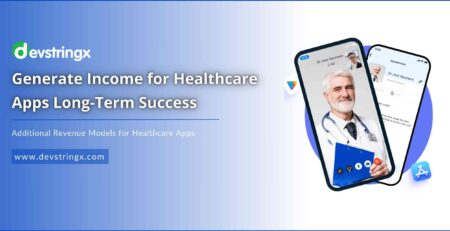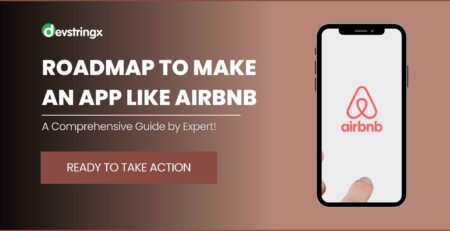Telemedicine App Development: Features, Costs, and Process – DS
Telemedicine App Development
Telemedicine apps have completely changed the way patients access medical care. With the help of mobile technology, telemedicine apps now let patients book appointments, get consultations, get prescriptions, and even make payments for the services easily from the convenience of their homes.
Telemedicine apps offer a quick solution to patients all over the world to beat conventional healthcare services which are generally costly, slow, and inaccessible.
Hence, if you are going to launch a startup in the healthcare industry or an experienced player in the sector, you should take the benefits of customized telemedicine app development.
The Process of Developing Telemedicine App
Here is a step-by-step guide to the telemedicine app development procedure in detail:
1) Solution Design
Talk with an Efficient Software Developer: The first thing you need to do is share your idea with a skilled software developer who will help you tailor the perfect solution for your telehealth app.
- Specify business objectives
- Select the scope of work
- Talk about necessary quality features
2) Discovery
Finalize Key Elements and Create a Roadmap: At this stage, your technical partner will help you nail down the design, choose the suitable tech stack, and make a detailed roadmap for your telehealth project.
- Design ideas and UX maps
- Feature Breakdown List (FBL)
- Precise budget and timeline calculations
- Development agreements and more
Select the Right Third-Party APIs: At this stage, your technical partner will also give you priceless guidance on choosing the most eligible third-party APIs according to your particular requirements.
- VSee SDK: Provides end-to-end encrypted video calls and is HIPAA compliant.
- Vidyo: Offers real-time video calls between doctors and patients and contains a built-in text chat.
- Twilio: Provides different functionalities like SMS messaging, voice calls, text chat, email, and fax.
3) UI/UX Design
Focus On Simplicity and User Experience: Making an impressive telemedicine app with important features is indeed very interesting. However, it is very important to develop a user-friendly platform so that healthcare providers or patients do not get confused.
- Prioritize ease of navigation
- Make sure that the app provides smooth consultation sessions
4) Development of an MVP
Develop the App Based on Approved Needs: At this stage, you may either choose a Minimum Viable Product (MVP) to enter the market quickly or opt for a full-fledged feature-packed version.
- Choose MVP for quick market entry and reducing risk
- Alternatively, go big with a feature-rich application for an extraordinary initial effect
5) Quality Assurance and UAT Testing
Ensure Smooth Functionality: Quality assurance is crucial for offering a bug-free, reliable app. Regular testing and final comprehensive tests are important.
- Conduct peer code reviews
- Perform unit tests on numerous devices
- Implement stress tests to review the app’s scalability
6) Deployment and Maintenance
Launch and Continuously Update the App: As soon as the checking is complete, your app is all set to be deployed and listed in app stores. It is very important to keep the app always updated for ongoing success.
- Ensure smooth deployment on servers
- Schedule for regular updates to align with iOS and Android changes
Good to Read:- How to Develop Cost-Effective Healthcare App?
The Primary Features of Telemedicine App
The features of telemedicine apps vary for patients and doctors. Here are the key features of the telemedicine app:
Features for Patients
Having patient-friendly features important in Telemedicine apps. Below we share some 09 key features that will help developers’ minds.
1) Registration
The sign-in feature is the first feature that should be added in a telemedicine app that would enable the patients to log in by using their email address or through facilities offered by third parties like Facebook Login and Google Sign-In. Always keep the personal accounts safe. That is why it is recommended to use email or SMS for two-step authentication.
2) Profile Management
Being a user, you need to create a profile after completing the registration process. The most important profile information is the EHR of the user which includes basic personal details like name, gender, and age. HIPAA standards usually do not allow unauthorized third parties from accessing the EHR which is a proof of vigorous data protection system.
3) Customer Dashboard
The customer dashboard offers patient data through charts, graphs, and status bars for providing analytics and reporting.
4) Video Conferencing
Video concerning features is one of the most important features in a telemedicine app for doctors as well as patients. It enables the patients to consult with a doctor remotely. Video consultation helps to remove the disease contraction procedure and offers doctors better options.
5) Text Messaging
The text message feature helps to put an end to the requirement of in-person consultation. Moreover, it is a cost-effective alternative for patients as this enables them to get in touch with the doctors through messages by forwarding the required details. The most interesting thing is that people are now able to attach images and files over text chat.
6) Calendar
The in-app calendar enables the patients to keep track of and handle doctor visits. With the help of the calendar, users can now reschedule the appointments directly if required. But they have to wait until the doctor approves it. Hence, the users will find the assigned dates and get notified from Google Calendar.
7) Payment Gateways
The payment gateway is one of the most important features of a telemedicine app through which the users will be able to make payments by using the mediums of their choice like debit card, credit, UPI, etc.
8) Rating System
Rating systems, reviews, and grades help patients to find a reliable doctor. Patients can give ratings to the doctor and leave a brief review after their session. Customers may also get grades. The doctor you have appointed may give you a score if you were unable to show up after making an appointment with the doctor.
9) Notifications
Notifications will help the users get informed about the app’s updates. It will also remind the users of their appointments.
Features for Doctors
Doctors’ friendly telemedicine apps help them to easily understand patients’ concerns. Check out the 05 points that will help you to develop a unique Telemedicine app.
1) Doctor’s Profile
Doctors have to list their specifications, medical training, experience, and other important details in this section.
2) Calendar Management
With the help of this, doctors can place appointments at their convenience. If a patient wants to reschedule the appointment, they need to contact the doctor and wait until the doctor responds.
3) Viewing Electronic Health Records
Doctors must be allowed to access the EHRs of their patients. It provides precise, up-to-date, and complete details about the medical history of the patients.
4) Communication
Two-sided communication between patient and doctor is very important for telemedicine app development. Patients should be allowed to text doctors to know about their treatment procedures and health conditions.
If a patient wants to have a physical examination, it is the responsibility of the doctor to make the necessary arrangements for the appointment.
Good to Read:- The Average Cost of Mobile App Development in 2024
The Cost of Telemedicine App Development
The telemedicine app development cost varies from $75,000 to $250,000 depending on different factors like the type of the application, team composition, complexity, technical proficiency, and location. We will give you an idea of three pricing options for telemedicine app development below:
Cost By The Type of Application
The cost of telemedicine software is split into three types.
| The Type Of The Telemedicine App | Approximate Cost |
| Store-and-forward | $35,000 |
| Remote monitoring | $50,000 |
| Real-time interactive | $70,000 |
Cost By Team
| Type | Approximate cost |
| Freelancers | $35,000 |
| Outsourcing app development agency | $70,000 |
| In-house team | $165,000 |
| HIPAA Compliance Consulting Company | $240,000 |
Cost By Team Location
| Location | Approximate cost |
| United States | $270,000 |
| United Kingdom | $175,000 |
| Western Europe | $150,000 |
| Eastern Europe | $70,000 |
| Australia | $150,000 |
| South Asia | $40,000 |
Conclusion
In this guide, we have turned to cover all the detailed information related to the cost, price, and features of telemedicine apps. Hope, you will find this article helpful.
Hire India’s Top Notch Telemedicine Mobile App Developers to Build Your Future Application.

